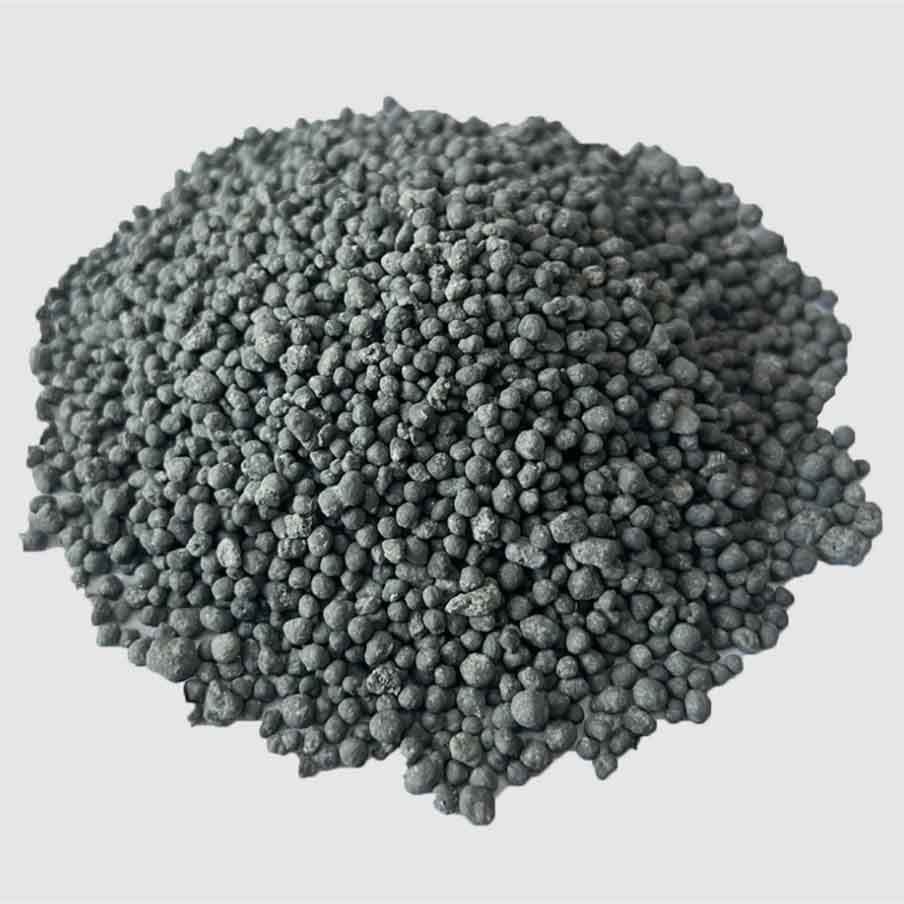
Ноя . 03, 2024 09:30 Back to list
ammonium sulphate fertilizer
Ammonium Sulphate Fertilizer A Crucial Component for Crop Nutrition
Ammonium sulphate fertilizer is a widely used nitrogen-based fertilizer, valued for its efficiency in promoting plant growth and enhancing crop yields. Composed of approximately 21% nitrogen and 24% sulfur, this fertilizer provides essential nutrients that are crucial for the healthy development of plants. Understanding the benefits and application of ammonium sulphate can help farmers make informed decisions for sustainable and productive agriculture.
One of the primary advantages of ammonium sulphate fertilizer is its high nitrogen content. Nitrogen is a vital macronutrient required for the synthesis of amino acids, proteins, and chlorophyll. These components are critical for plant growth and photosynthesis. The ammonium form of nitrogen in ammonium sulphate is readily available for plant uptake, ensuring quick and effective nourishment. This characteristic makes it particularly beneficial for crops that have a high nitrogen demand, such as corn, leafy greens, and certain fruits.
In addition to nitrogen, ammonium sulphate is a significant source of sulfur, an essential nutrient often overlooked in fertilization practices. Sulfur plays a pivotal role in the formation of important amino acids and vitamins, influencing the overall health of plants. It also aids in the improvement of plant metabolism and enhances the quality of crops, leading to better yields and more flavorful produce.
ammonium sulphate fertilizer

Ammonium sulphate fertilizer is also advantageous for specific soil types. In alkaline soils, for instance, the application of ammonium sulphate helps lower the soil pH, creating more favorable conditions for nutrient absorption. This property is particularly beneficial in arid regions, where soil alkalinity can hinder plant growth. Furthermore, its use can help correct sulfur deficiencies that are common in many soils, especially those that are heavily cropped or leached.
When applying ammonium sulphate, it is essential for farmers to consider the timing and method of application to maximize its effectiveness. Ideally, it should be applied during the growing season, aligned with the crop's nutrient uptake patterns. Both broadcasting and banding methods can be employed, depending on the crop type and soil conditions. It is also crucial to follow recommended application rates to avoid potential nutrient imbalances or environmental concerns.
However, caution should be exercised, as excessive application can lead to soil acidification and negatively impact microbial activity. Therefore, soil testing is advisable to determine existing nutrient levels and to inform fertilization strategies.
In conclusion, ammonium sulphate fertilizer is an invaluable tool for enhancing crop nutrition and supporting sustainable agricultural practices. Its dual supply of nitrogen and sulfur, along with its adaptability to various soil conditions, makes it a popular choice among farmers seeking to improve plant health and productivity. By understanding its benefits and application methods, farmers can harness the power of ammonium sulphate to achieve better agricultural outcomes.
-
Premium 8 12 16 Fertilizer – High-Efficiency Compound & Granular NPK Supplier
NewsJun.10,2025
-
High Quality Agricultural Grade NPK Fertilizer Manufacturer & Supplier Reliable Factory Price
NewsJun.10,2025
-
Organic Fertilizer for Corn Boost Yield Sustainably
NewsJun.10,2025
-
Organic Fertilizer for New Plants Natural Growth Boost & Eco Nutrients
NewsJun.10,2025
-
Optimized Hydroponic NPK Fertilizer – Fast Growth & Nutrients
NewsJun.09,2025
-
Top-Rated NPK Fertilizer for Fruit Trees - Boost Growth & Yield
NewsJun.09,2025
